The Last of Their Kind: Germany’s Treasury of Old Vine Riesling
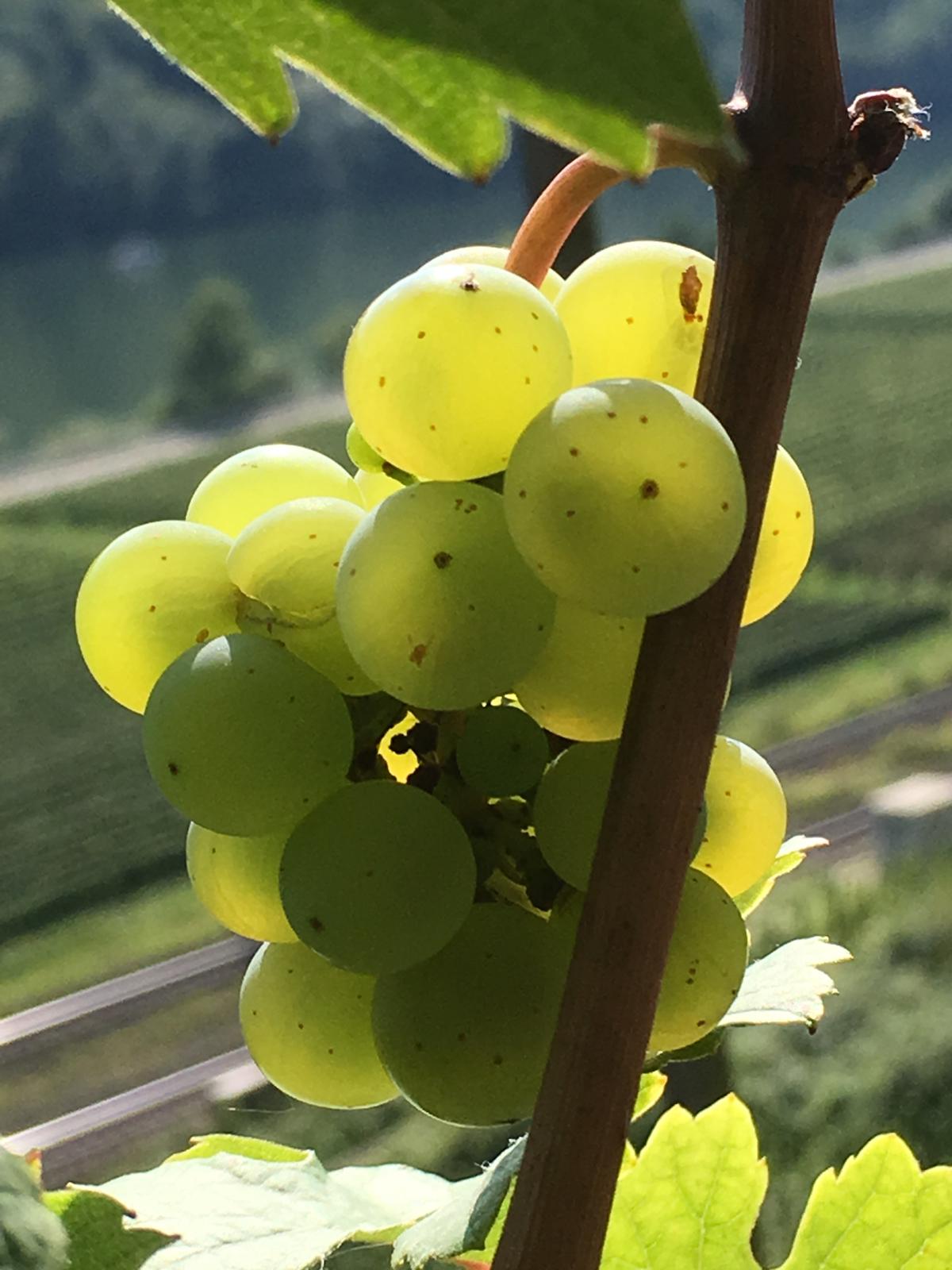
The power, pride and potential of old vines. And it turns out, the Mosel really could be where it all started..

The power, pride and potential of old vines. And it turns out, the Mosel really could be where it all started..
Christoph Raffelt is one of an exciting new vanguard of voices when it comes to German wine. And voices is not a euphemism here, as it is indeed his voice together with his stellar cast of winemakers and guests that come together on his monthly podcast Originalverkorkt.de; while his words appear in his online magazine of the same name. He's been on the road since 2016 with Büro für Wein & Kommunikation as a freelance journalist, copywriter and all-round wordsmith. His work has appeared in such esteemed publications as Meiningers, Weinwirtschaft, Weinwelt, Sommelier, Champagne-Magazin and Schluck.
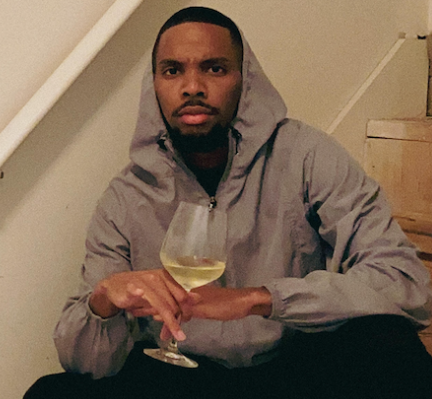
Mason Washington wants to set himself apart in the wine world. He’s convinced his German identity is the ticket. The 24-year-old digital media marketer grew up in Fayetteville, North Carolina, a small city in the American south that Washington charitably describes as being “what you make of it.” It was an unlikely place for a young Black man to be raised in a German family. But his grandmother Ingrid, a native of Berlin, and his mother, Carmen, born in Munich, were just that. “The biggest thing for me is the German heritage on my mom’s side,” says Washington. Now, he’s digging into…...
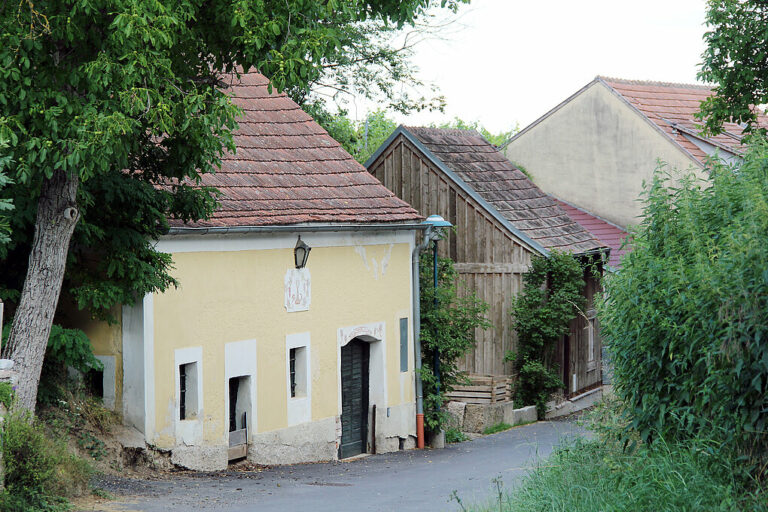
Wine regions are threaded along the Danube, one after another, like a string of Chanel pearls. Wagram, Kamptal, Kremstal, Wachau. And Traisental — the only one that lies exclusively south of the Danube. Its namesake river, the Traisen, divides the valley as the Seine does Paris or the Gironde does Bordeaux, into left and right banks. The tiny region flaunts French finesse and cool avant-garde. But also a rustic, down-to-earth charm. In Paris, the Left Bank is the quartier of intellectuals and artists. Through Yves Saint Laurent it achieved world fame in fashion. Who or what sets the tone and…...
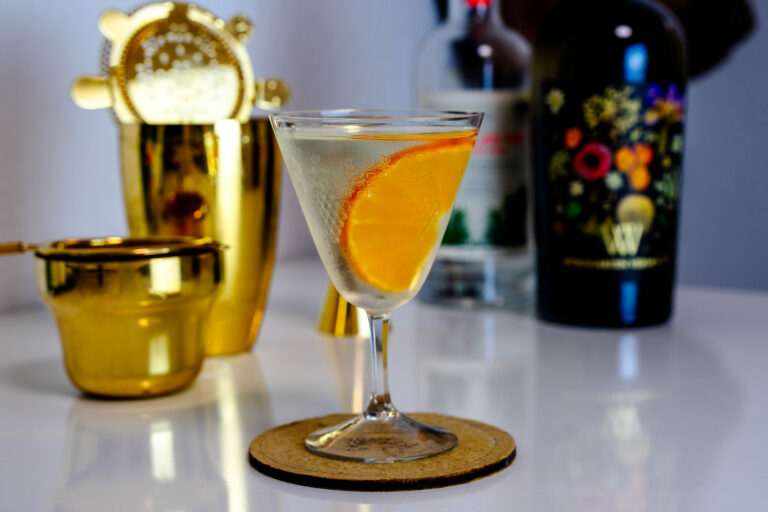
It was the first hour of my first shift, and of course, it was a “Manhattan Cocktail.” I pictured the flashcards heavy in my pocket from the cram-session the night before: Rye whisky, sweet Vermouth, and bitters. Don’t forget the cherry. To that point, I had known Vermouth as little more than a grandmother’s drink, the bottle dying a slow oxidative death in wood-paneled curios around the world. So after making the guest’s request, and in the name of job experience, I downed the remaining jigger of inexperienced overpour. Later, I would comment to the bar manager that it tasted a…...
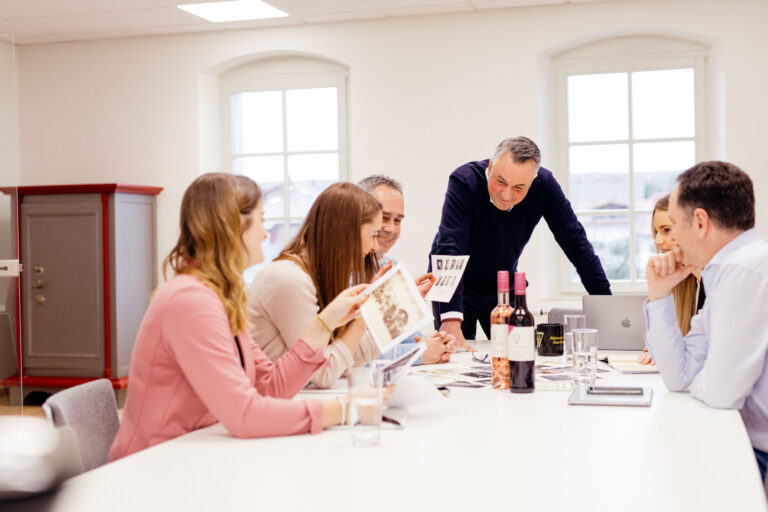
“Free your mind and the rest will follow.” Coming from one of the co-owners of Germany’s oldest wine trading houses, one might suspect a quote from Goethe, Schiller, or Nietzsche. It’s actually the American R&B/pop group, En Vogue. And that makes for a jarring, if fitting, introduction to my conversation with these stewards of tradition in German wine that look back to 1786 in Worms as easily as they look ahead to 2019 Organic Madonna. P.J. Valckenberg has the history and the pedigree, no question. Its customers have included the Swedish royal family and Charles Dickens. In addition to a truly impressive portfolio…...
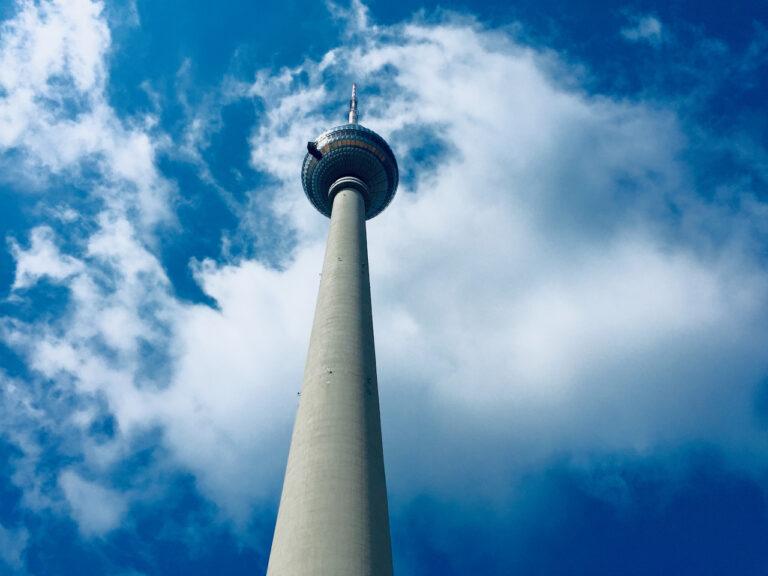
Over the last decade, Berlin has established itself as a wine city. No small feat, since little quality wine is made within a five-hour driving radius. But in the early 2010s the natural wine movement brought in “small plates and natural wine” bistros and more and more distributors — independent wine stores who both import and buy wines and then sell them to both restaurants and consumers alike — are basing themselves here. The RAW wine fair made Berlin its Central European hub back in 2015. Before March 2020, business was good. Then came Covid. Putting the Neighbor back in Neighborhood at…...
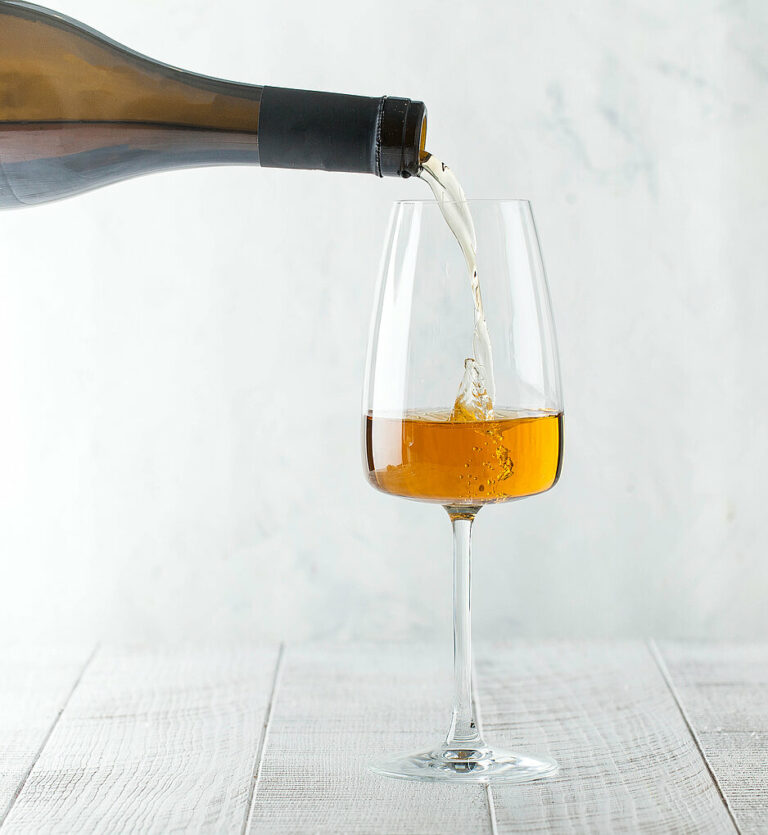
Skin-contact white wines may have their revolutionary roots in Georgia, Slovenia, and Friuli, but the umlaut zone also stakes a strong claim for orange expressions. Austria was an early and highly successful adopter (think Tschida and Tscheppe, Muster and Meinklang). For this, thank geographic proximity, shared traditions, a former empire’s worth of fascinating white varieties, and the remarkable open-mindedness of producers, especially in Styria and Burgenland. Germany came later to the game. The country has been slower to embrace natural and experimental styles generally and its signature variety, Riesling, requires an exceptionally deft hand to succeed in skin-fermented form. However, German…...
Enjoy unlimited access to TRINK! | Subscribe Today